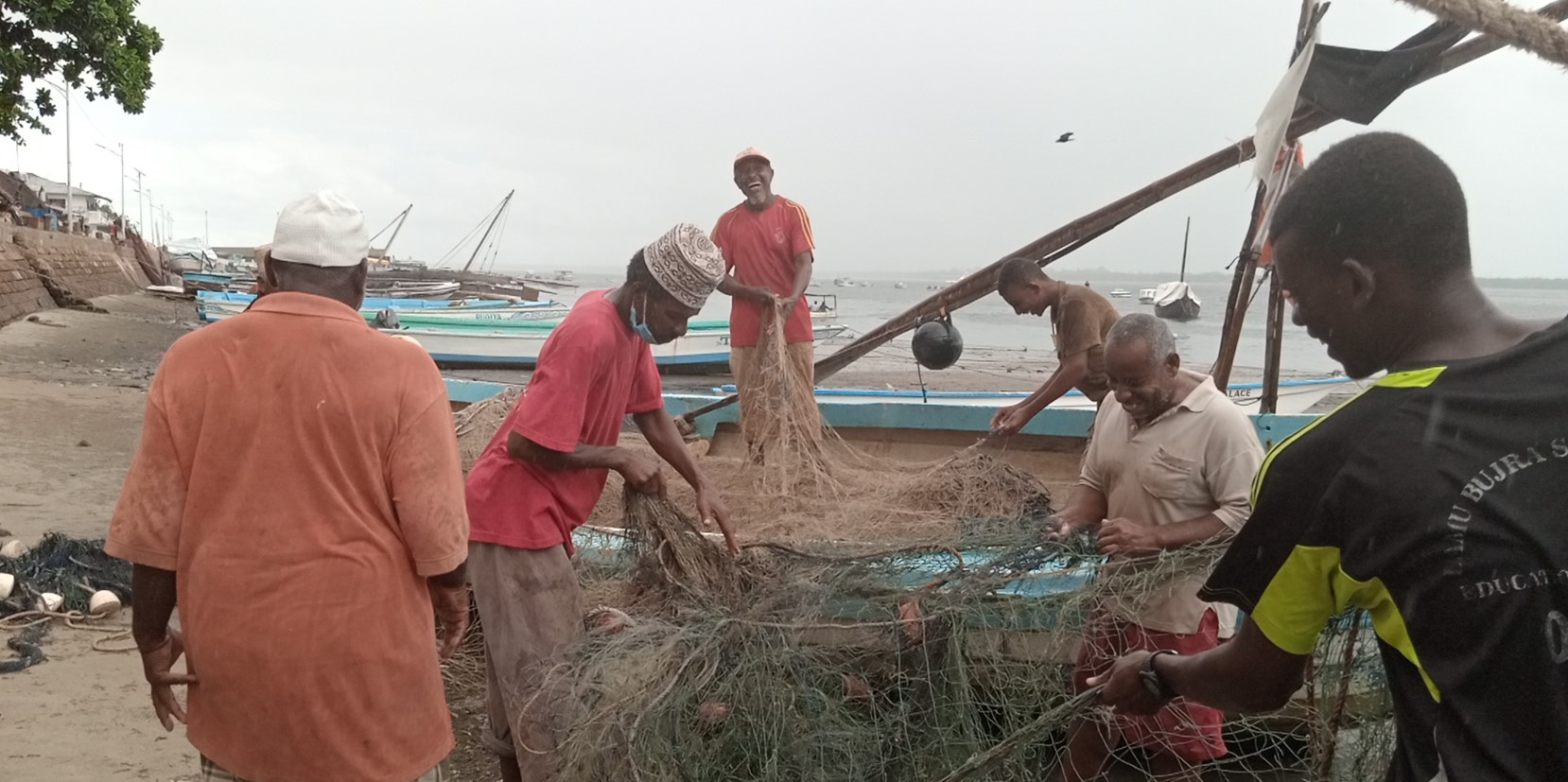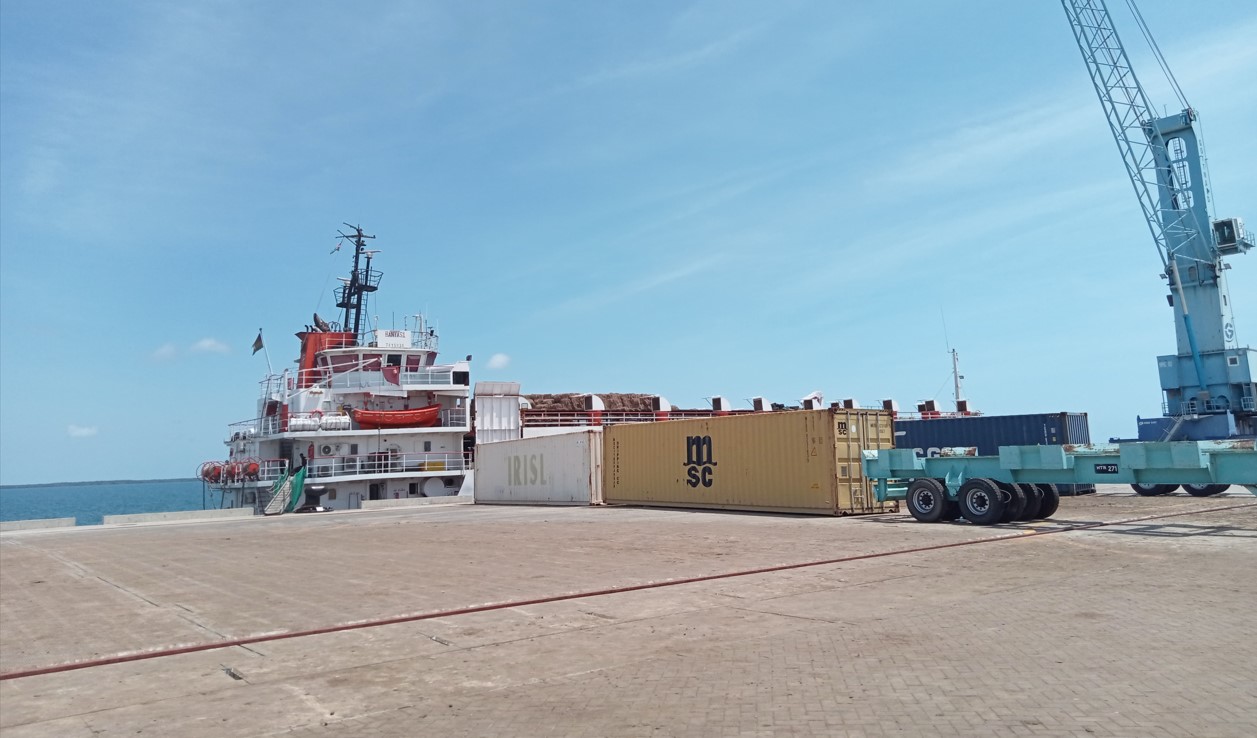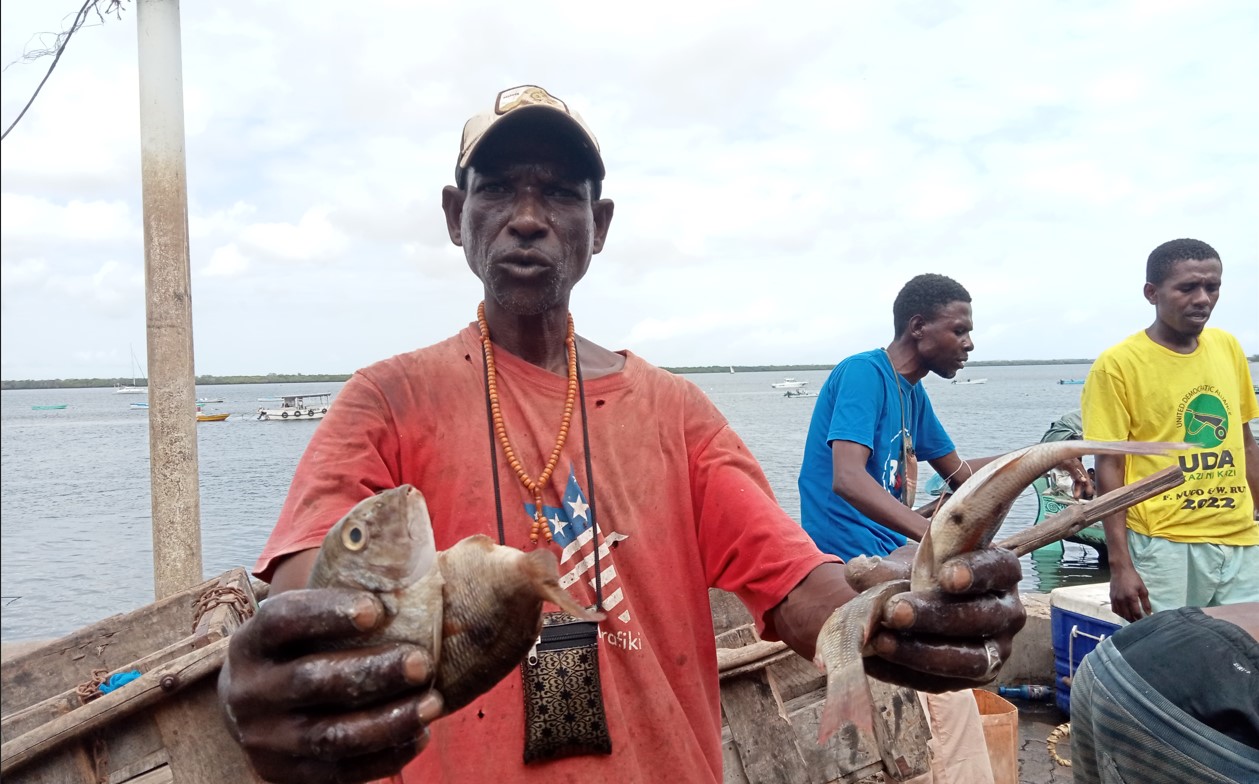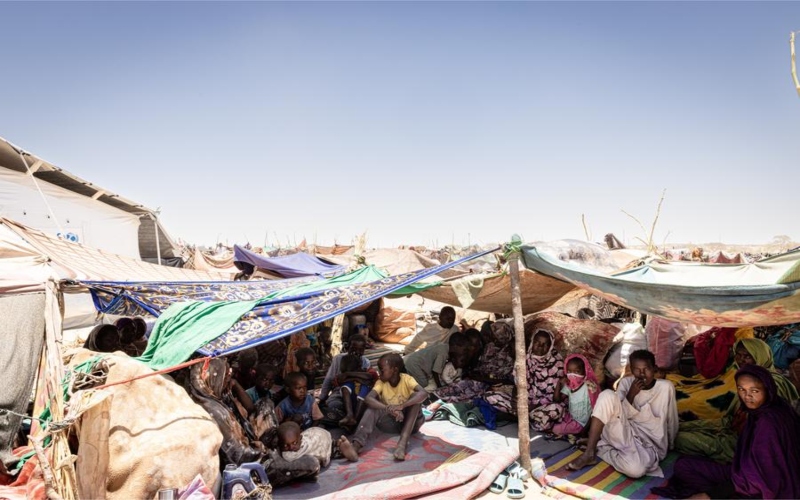Why fishermen in Lamu are quitting the trade despite catching tonnes of fish

The county has more than 40 landing sites but all of them are at risk of being grabbed by private developers as they lack proper documentation to help identify and secure them.
Fishermen in Lamu County are in trouble, and it’s not because of the lack of fish in the ocean or their inability to go out and make their daily bread.
It is because every time they venture out into the waters, they are not sure where to take the fish once they return with their day’s catch.
More To Read
- Lamu’s blue economy poised to soar as Kenya seeks bids for Sh2.5 million fishing boats
- Six Iranians arrested as Kenya Navy seizes Sh8.2 billion meth haul in Indian Ocean
- Kiunga residents in Lamu raise concerns over weapon testing near homes
- New national marine spatial plan aims to protect Kenya’s oceans and communities
- Lamu becomes first county to introduce digital mental health training
- Lake Victoria fish farmers seek government aid to counter cross-border harassment
Lack of a ready market, poor roads, depleted fish landing sites and a fishing ban in areas near the border with Somalia are some of the issues making some of the residents consider abandoning the age-old trade that is one of the backbones of the region's economy.
Ahmed Bahero has been a fisherman in Kiunga on the Lamu-Somalia border for over 25 years. He is thinking of taking up a different trade as he struggles to put food on the table and pay school fees for his children.
“We’re catching tonnes of fish daily but there’s no market. Many of us now prefer quitting and engaging in other businesses that provide better income to sustain our families,” said Bahero.
The Lamu archipelago has over 7,000 fishermen spread across the fishing hubs of Kizingitini, Faza, Pate, Mkokoni, Kiwayu, Ndau, Kiunga, and Ishakani on the border of Kenya with Somalia.
Lamu Island, Shella, Matondoni, Kipungani, Tenewi and Ras Kitau are also key fishing areas.
Aside from fishing, the county also depends on tourism as one of its economic mainstays.
 The Lamu Port whose construction affected fishing grounds. (Photo: Farhiya Hussein)
The Lamu Port whose construction affected fishing grounds. (Photo: Farhiya Hussein)
No fish processing factory
Another hindrance breaking the hearts of many fishermen in Lamu is the lack of a fish processing factory that can enable the fishers to make the most out of the trade.
The fishermen have for years now been yearning for preservation equipment, including cooler boxes and other related items to enable them to store their catch for longer as they find markets.
Unfavourable security restrictions are also among the reasons behind many fishermen in Lamu shying away from venturing into the ocean or even pushing them to quit the venture altogether.
In June 2019, for instance, Kenya banned fishing activities near the Lamu-Somalia border for security reasons. This saw trade in fishing that was initially conducted in the concerned areas stopped completely.
The ban was later lifted, though partially as some areas are still under strict restriction.
“We feel this is a hindrance to the expansion of the fishing sector in this place. We used to go all the way to Kismayu and Mogadishu in Somalia to fish and come back but nowadays that cannot happen due to the existing ban,” said Rajab Sule.
Mwalimu Omar said, “We would also visit Somalia just to buy dried fish to sell in Kenya and get good returns. That can’t happen nowadays owing to the border ban. We want it lifted completely for the nourishment and expansion of our fishing sector.”
 Some of the fish caught by fishermen in Lamu. (Photo: Farhiya Hussein)
Some of the fish caught by fishermen in Lamu. (Photo: Farhiya Hussein)
Poor landing sites
Lamu fishing also lacks or has undeveloped fish landing sites, hampering its expansion.
The county has more than 40 landing sites but all of them are at risk of being grabbed by private developers as they lack proper documentation to help identify and secure them.
Lamu Fishermen and Dealers Association spokesperson Abubakar Twalib noted that fishermen struggle for space to hold their fish after a day’s work due to the lack of defined location for the sites.
“All the fish landing sites here have no title deeds. Some have even been grabbed by private developers. We can’t develop any land that hasn’t been legally declared as a landing site. Normally, and if all is well, we need to have things like ice plants, fish markets, boat yards, government offices, Beach Management Units (BMU) offices, and fishing net repair facilities among other developments in such areas,” said Abubakar.
The fishermen, especially those in Lamu East Sub-County also cited poor transport as a major reason why they continue to incur millions of shillings in losses and end up quitting the trade.
Mohamed Shosi expressed optimism that their fortunes and the county’s economy are bound to change if and when the issue of the bad roads and market is fully addressed.
 Ibrahim Ishmael with some of the fish he caught in the Indian Ocean. (Photo: Farhiya Hussein)
Ibrahim Ishmael with some of the fish he caught in the Indian Ocean. (Photo: Farhiya Hussein)
No markets in Lamu
“Almost 50 per cent of our catch goes bad while en route to far-flung markets in Malindi and Mombasa due to the bad roads. We can’t sell our fish internally since we don’t have markets in Lamu,” said Shosi.
The establishment of the Sh310 billion Lamu Port in Kililana, Lamu West has also led to hundreds of fishermen in Lamu quitting the venture.
Dredging activities that took place during the construction of the first three berths at the second largest port in Kenya led to the closure of key traditional fishing channels in the Indian Ocean waters in Lamu.
Statistics from the county fisheries department show that Lamu produces at least 3,500 metric tons of fish annually.
Top Stories Today













































